When most people begin thinking of a building project, they often focus on the aesthetic design. While no argument can be made against having a beautiful building, how often have we been inside only to be met with too much A/C, or worse, not enough? When the air movement is as loud as an airport, or you’re trading high utility bills for the views out of the expansive windows, what’s the point of the beauty?
When considering hiring an engineer, there are lots of factors that come into play from cost to goals to philosophies. Why hire IBC Engineering Services? Because we understand that, like people, buildings are more than skin (or wall) deep. When it comes to building systems, mechanical, electrical, and plumbing are the blood and guts of it. Maintaining proper equilibrium is necessary for a building to function over its lifespan, which averages 50-70 years. Whether it’s a classroom or your personal living room, properly designed MEP systems are essential to comfortable, healthy spaces.
Problem-Solving and Solutions
Engineers are trained to use one of the most powerful tools in the world- our minds. Working in tandem with designers, owners, architects, and engineers helps create integrated spaces that are both beautiful and operationally efficient. Consistently and constantly staying up to date about the latest tech and equipment, we can be a valuable resource for out-of-the-box solutions and recommendations.
Energy and Sustainability
Energy use over the lifespan of a building may be the single most important environmental and economic issue to address in building ownership. Excessive fossil-fuel energy used to heat, cool, light, and power buildings unnecessarily increases the building’s annual operating and maintenance costs, resulting in significant environmental impacts both locally and globally1. Our engineers focus on proper sizing and location of equipment to significantly reduce wasted energy while also keeping comfortability in mind. We understand that in today’s world, sustainability is necessary to preserve our world for the next generation.
Air Quality- Something to Consider
Indoor air quality (IAQ) is also an important issue, as well as a prerequisite in the U.S. Green Building Alliance’s LEED Green Building Rating System®. Smell will be the first thing that gets noticed, and the most memorable in memories when looking back. Whether it’s a campfire, candle, or garbage day air, it’s important to factor this in when designing the mechanical system. To provide optimal, fresh air is to support the safety, comfort, and well-being of building occupants. IAQ optimization strategies can result in higher productivity, better cognitive performance, reduced absenteeism, less reported job stress, and increased job satisfaction2.
Engineer versus Contractor
An engineered system offers owners a better integrated, more coordinated system that works within the project’s specific criteria for performance, equipment life expectancy, maintainability, and cost. Where a design-build contractor may install a pre-engineered, off-the-shelf system, engineers take the time to analyze what’s required and find solutions. This results in staying aligned with construction and operation budgets, space utilizations, and increased happiness of the intended audience. Engineers also consider all the options available through a multitude of different manufacturers, while a design-build contractor represents a select few.
Cost Effectiveness
Many building owners think that design-build systems will save them time and money. Though an engineer-designed system may cost five to ten percent more initially, it can save up to twenty-five percent in operating and maintenance costs alone. It can also offer more flexibility when it comes to meeting future performance requirements. An engineer can also help increase performance without increasing construction costs.
Sources
- Austin Energy Green Building (2003), Sustainable Building Sourcebook: Energy, Austin Energy
- Cheri Marcham et al. (2020), The Value of IAQ: A review of the scientific evidence supporting the benefits of investing in better indoor air quality., American Industrial Hygiene Association


